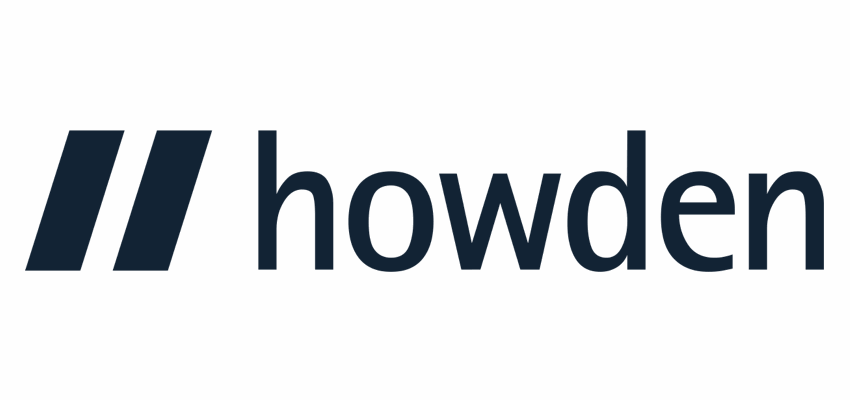The Howden insurance and reinsurance broking group is doubling-down on the example set by the Danish Red Cross with the first disaster relief catastrophe bond and aims to expand the use of private capital in the sector, unlocking it for social good.
 Howden’s Capital Markets unit and its insurance and reinsurance broking arm played small but important roles in the issuance of the Danish Red Cross transaction, which was the first volcanic risk catastrophe bond and also the first for a disaster relief organisation.
Howden’s Capital Markets unit and its insurance and reinsurance broking arm played small but important roles in the issuance of the Danish Red Cross transaction, which was the first volcanic risk catastrophe bond and also the first for a disaster relief organisation.
Now, Howden is hoping to continue that thread of conversation at a side event of this year’s COP26 climate summit, with the goal of helping to promote options to plug an evident disaster relief funding gap.
This disaster relief funding gap is seen as roughly US $20 billion in size, by the United Nations Office for the Coordination of Humanitarian Affairs’ Financial Tracking Service.
Using structures such as catastrophe bonds and parametric triggers, disaster relief organisations and aid agencies could secure private capital financing to enable them to deploy capital rapidly into disaster zones right after a catastrophe strikes.
In the disaster relief world, where donor funding has often been a source of much of the liquidity on offer, it can take far too long to mobilise capital and get it to those who need it most.
By tapping into the capital markets with a catastrophe bond, the Danish Red Cross not only opened up a new source of capital, diversified its capital sources and secured financing that is contingent on the actual disasters it needs to respond to, it also found a way to bring private capital markets into its funding structure.
Commenting on the Danish Red Cross’ cat bond, Howden explained, “Under this new model, humanitarian aid funds are raised in advance and stretch up to 20 times further than traditional funding methods, whilst offering uncorrelated returns for investors.”
In addition, the parametric nature of the trigger of the volcanic risk cat bond is also seen as key.
“No time is lost assessing the cost of recovery; as soon as the parametric triggers are hit, the pre-agreed funds are released,” Howden said.
Charlie Langdale, Head of Climate Risk and Resilience at Howden, explains: “We’re seeing a dramatic increase in the frequency and severity of climate-triggered disasters, and traditional forms of disaster relief financing simply can’t keep pace.
“We believe the answer to plugging the funding gap lies in creating scalable, sustainable markets for funding disaster response by unlocking private capital for social good.”
In addition, Howden feels that the insurance and reinsurance industry needs to become more of a focus in discussions on disaster relief and climate resilience.
The company said, “There is a lot of focus on the role of financial institutions in the climate resilience conversation, but comparatively little on the insurance industry. Insurance tends to come into focus in two main areas: picking up the pieces after a disaster has happened, and the debate around whether insurers should continue to underwrite business for carbon intensive industries.
“What’s missing in this conversation, and what our industry must get better at promoting, is the role insurance has to play in helping society to build resilience against climate risk. Whether that’s by removing the financial barriers to sustainable energy projects; leveraging our data and risk modelling capabilities to help clients, industries and countries to better address emerging risks; or by transforming the way disaster relief is funded.”
 View all of our Artemis Live video interviews and subscribe to our podcast.
View all of our Artemis Live video interviews and subscribe to our podcast.
All of our Artemis Live insurance-linked securities (ILS), catastrophe bonds and reinsurance video content and video interviews can be accessed online.
Our Artemis Live podcast can be subscribed to using the typical podcast services providers, including Apple, Google, Spotify and more.






























